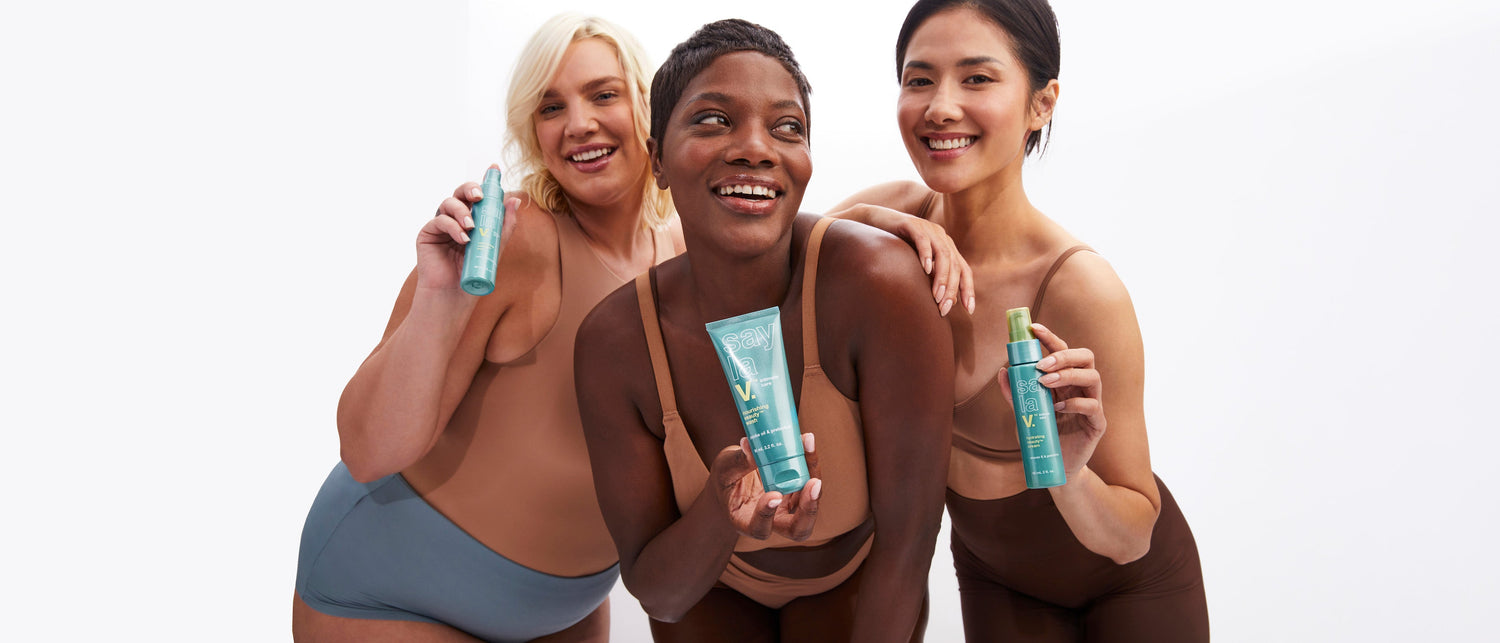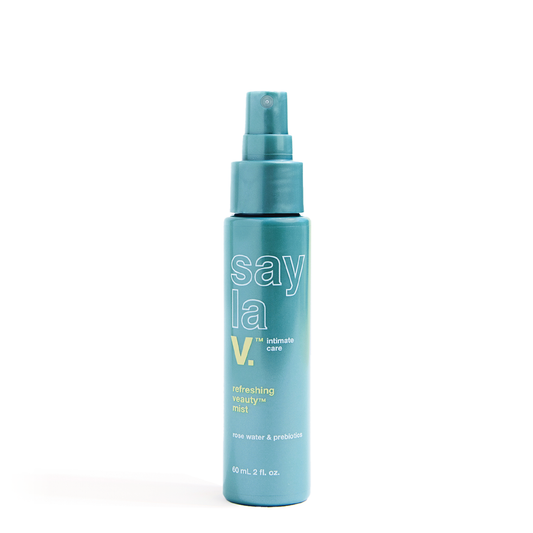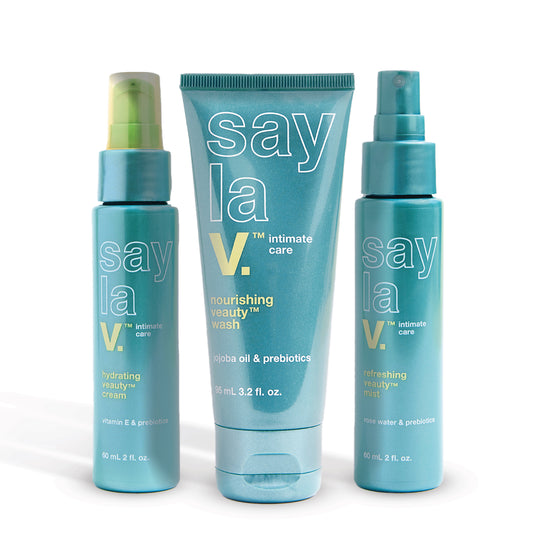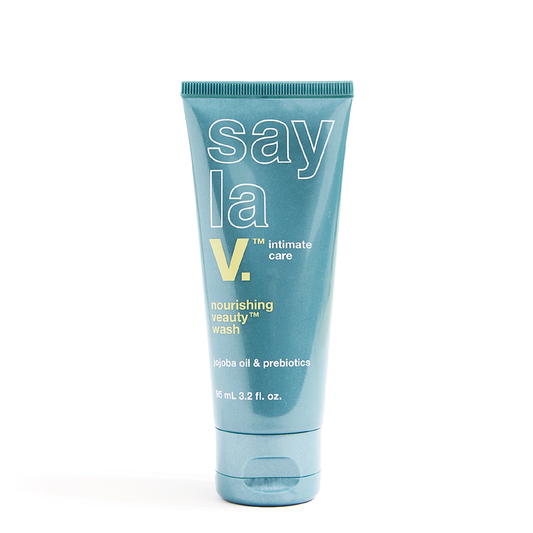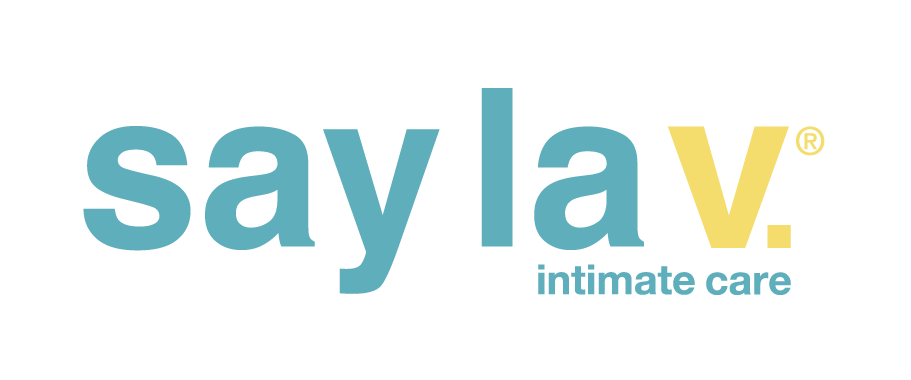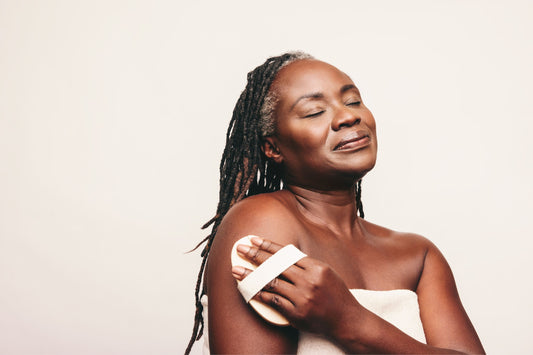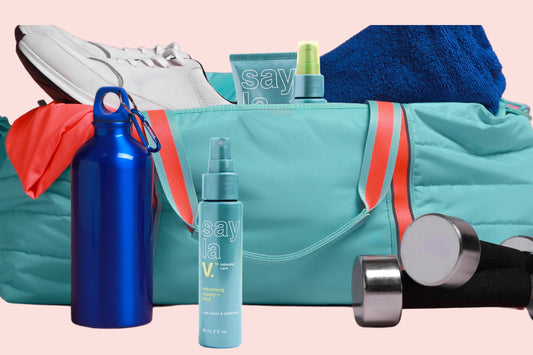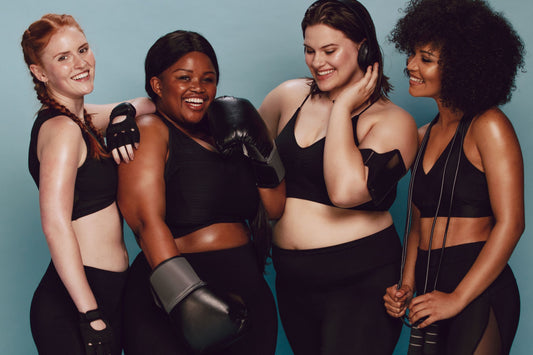We Need to Talk About Vulvas
Everything ‘down there’ is called the vagina, right? Nope! Although many of us are only taught about the vagina, the reality is that the internal channel is the vagina, but the outer bits (including the labia, clitoris, urethra and vaginal opening) are actually called the vulva. There are a whole slew of reasons getting the names of our anatomy correct is important. Whether you’re in a doctor’s office or the bedroom, knowing what’s what is crucial to being able to communicate and consent to important things involving your body!
Say No to Shame
Being open about the beauty and diversity of different bodies, and using the correct terms, means we can work together to reduce feelings of shame around women’s health and sexuality. Say it loud and proud: vulvas are all different, and they are all beautiful! Vulvas are unique, just like fingerprints, and that’s a good thing. Together we can change the stigma around vulvas and vulva health.
Get Smart at the Clinic
Infections, irritation, and more… oh my! These can all happen to our vulvas and knowing the correct terms is a helpful way to get effective treatment. Also, for health issues like vaginismus, prolapse and incontinence, knowing the proper names for your body parts could mean the difference between helping a doctor correctly identify a medical issue or not. Between cultural shame and inadequate sexual education, many people cannot correctly label the different parts of their downstairs anatomy on a chart. Being able to do so is one key to vulva health.
Vulva health is also a key part of reproductive health in general. Untreated urinary tract infections, for instance, can lead to fertility issues. For anyone who might want to become pregnant, staying on top of issues like this is fundamental. No matter what, it is one way to generally be able to feel comfortable and confident in your body!
Say Yes to Pleasure
Referring to the complete female genitals as the vagina means we are leaving out so many important pieces, including the clitoris, which is a key component for pleasure for many vulva-owners! Social taboos strongly influence how many of us feel about our vulvas, which in turn impacts if we are willing or able to speak up about what we want and need.
Knowing which part of your vulva is which means you can say no with confidence— and yes enthusiastically!
Feel Good in Your Skin
Another big plus to knowing the details of your own anatomy means you can make informed choices about skincare. The skin on your vulva needs specific care just like your face! That’s why we created say la V. intimate skincare products specifically for your vulva, from our nourishing wash to our hydrating cream to our refreshing mist. All three products including PH balanced feminine cleanser, vulva moisturizer, and vulva mist spray, are packed with skincare-quality ingredients like aloe, jojoba beads, vitamin E and hyaluronic acid, plus microbiome-balancing prebiotics, which are all proven to help with vulva wellness.
Plus, all three are gynecologist and dermatologist tested. What better way to take care of your most intimate parts than with science-backed skincare? We can help you stay fresh and comfortable, stop irritation in its tracks, and be ready to take on the day!
So, Let’s Talk About Vulvas
Knowing the (literal!) ins and outs of your own body is paramount in being able to talk to medical professionals, giving consent in relationships, and kicking shame to the curb where it belongs. Together we can work to normalize confidence about our bodies and learning how to take the best care possible of ourselves and our vulvas.
